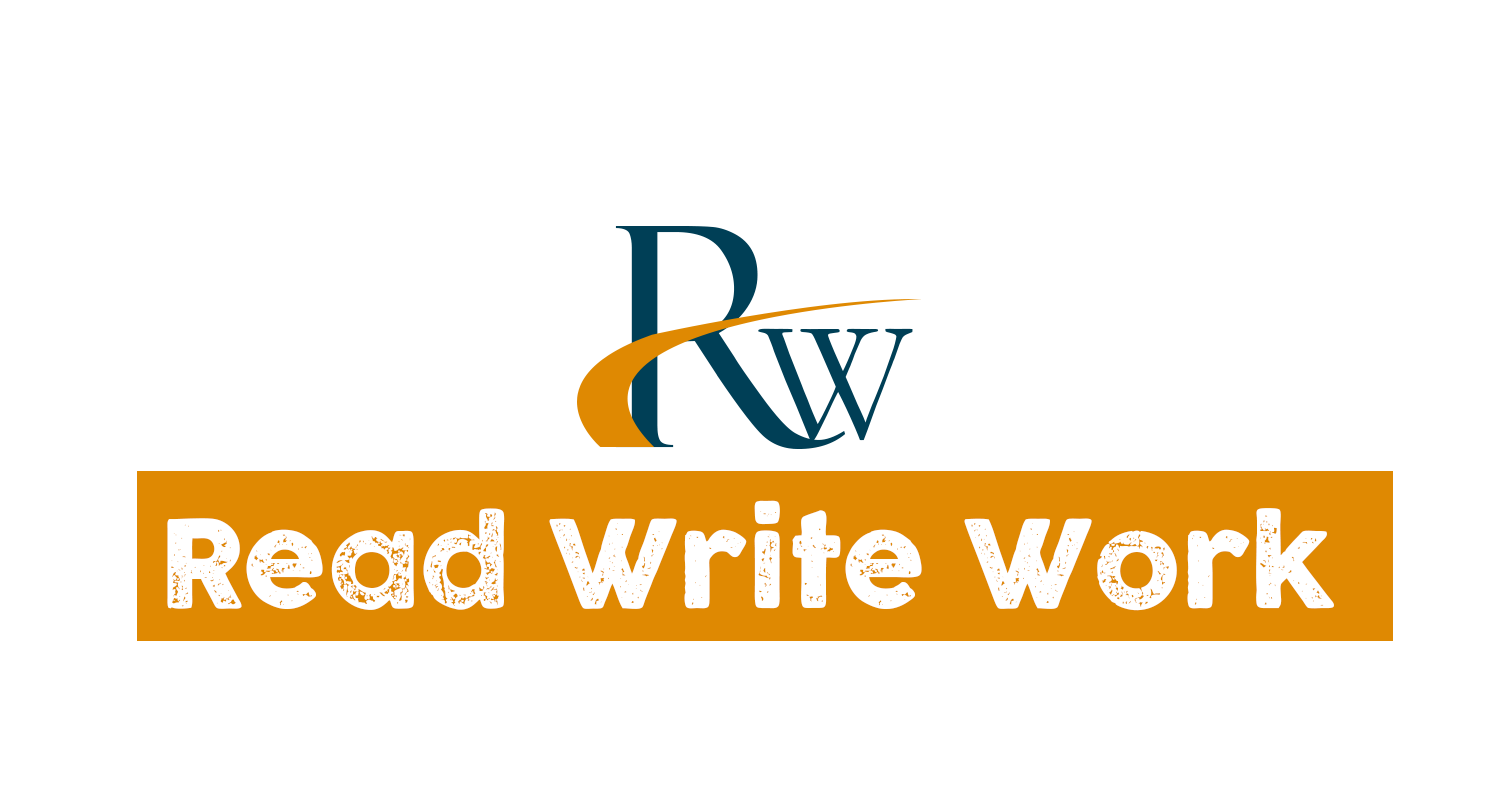Preschool and daycare options are at the forefront of early childhood education, offering structured environments where young children can learn through play, social interaction, and guided activities.
Preschools focus primarily on introducing children to basic concepts in literacy, numeracy, and social skills in preparation for kindergarten. Daycare centres, while also providing learning opportunities, mainly serve as safe and nurturing places for children when their parents are at work or otherwise engaged. They often offer more flexible hours and care for a broader age range.
This guide highlights the significance of early learning, the differences between preschool and daycare settings, and how they contribute to a child’s development. This guide aims to assist parents and guardians in choosing the best preschool in North Sydney.
Understanding Preschool in North Sydney
As in many parts of the world, preschool in North Sydney is designed for young children, typically 3 to 5 years old. The primary objective of preschool is to provide early childhood education that supports cognitive, social, emotional, and physical development.
● Curriculum Focus and Educational Approach:
The curriculum in North Sydney preschools often emphasises a play-based learning approach. Educational programs promote children’s language and literacy skills, mathematical understanding, scientific inquiry, creative expressions through art and music, and physical development.
● Qualifications and Training of Teachers:
Teachers in North Sydney preschools must have specific qualifications to ensure they are well-equipped to provide high-quality early childhood education. Typically, preschool teachers must hold a Bachelor’s degree in Early Childhood Education or a related field.
A preschool in North Sydney also organises professional courses for educators to remain up-to-date with the latest teaching strategies and regulations in early childhood education.
● Facilities and Resources Available
Preschool facilities in North Sydney are designed to support a stimulating and safe learning environment for young children. These facilities often include indoor and outdoor play areas, age-appropriate educational materials and resources, and spaces for specific activities such as art, reading, and science experiments.
● Importance of Location and Accessibility
The location and accessibility of a preschool are crucial considerations for families in North Sydney. Proximity to home or work, ease of access via public transportation, and the surrounding area’s safety are key factors influencing parental choice.
A conveniently located preschool ensures that children can attend regularly and punctually, which is essential for their routine and sense of security.
Decoding Daycare as Early Learning Center Near Me Option
Daycare centres, also called early learning centres, provide care and education for children from infancy through preschool age while their parents are at work or otherwise engaged.
The primary role of daycare is to offer a nurturing environment where children can grow, learn, and develop social skills. Daycare settings often integrate educational activities with care routines, aiming to support the whole child’s development.
● Comparison with Preschool in Terms of Curriculum and Structure
While both daycare and preschool focus on early childhood education and development, there are distinct differences in their curriculum and structure. Preschool programs focus more on preparing children for kindergarten with a structured curriculum that includes specific learning objectives.
In contrast, daycare centres cater to a broader age range, from infants to preschool-aged children. While they incorporate educational activities, they emphasise providing care alongside developmental opportunities. So, if you are searching for an early learning centre near me, daycare offers more flexible hours and is often open year-round to accommodate working parents.
● Emphasis on Childcare and Social Development
Daycare centres place a significant emphasis on childcare and the social development of children. They provide opportunities for children to interact with peers in a safe and supervised setting, which is crucial for developing social skills such as sharing, cooperation, and empathy.
Activities are designed to promote teamwork and communication, helping children learn how to navigate social situations and build friendships.
● Qualifications
Staff qualifications may vary, with requirements for early childhood education training, first aid and CPR certifications, and ongoing professional development to enhance their skills in childcare and education.
● Facilities and Activities Offered
Daycare centres offer a variety of facilities and activities designed to cater to the needs of children at different developmental stages. Facilities may include indoor and outdoor play areas, nap and quiet rooms, and spaces with age-appropriate toys and learning materials.
Activities range from arts and crafts, storytime, and music to physical activities and outdoor play. These activities stimulate cognitive, physical, and emotional development, ensuring children are engaged and learning throughout the day.
Making the Right Choice
Selecting the right early childhood education option is a significant decision for parents and guardians. Here are steps to guide you through making an informed choice that best suits your child and family:
● Assessing Individual Child’s Needs and Preferences
Begin by considering your child’s unique personality, developmental stage, and learning style. Some children thrive in a structured, academically-focused environment, while others may benefit from a more play-based and social setting.
Reflect on whether your child needs more individual attention, which might be found in programs with lower staff-to-child ratios, or if they are ready for the more group-focused activities every day in preschools.
● Consulting with Educators and Professionals
Speak with early childhood educators, paediatricians, or child development specialists to understand what program they recommend for your child’s age and developmental needs. Based on your child’s profile, these professionals can offer insights into the benefits of different settings.
● Visiting and Evaluating Potential Facilities
Enter the term early learning centre near me in search engines and look for educators to schedule visits to potential preschools and daycare centres to observe the environment, the interaction between staff and children, and the activities offered. Pay attention to the cleanliness, safety measures, and how well the space is organised for children’s learning and play. This firsthand experience can be invaluable in assessing whether a facility feels suitable for your child.
● Reviewing Program Schedules and Curricula
Examine the schedules and curricula of the programs you’re considering to ensure they align with your educational goals for your child. Look for a balance of activities that promote academic, social, and physical development. Understand how the curriculum addresses learning objectives and whether it adapts to meet the needs of individual children.
● Considering Logistical Factors such as Location and Transportation
Practical considerations are also important. Evaluate the location of the preschool or daycare about, your home or workplace, the availability of transportation, and how the program’s hours align with your family’s schedule. Convenience and accessibility can significantly impact your daily routine and overall satisfaction with your choice.
Final words
This guide has navigated the critical aspects of early education, detailing the differences between preschool and daycare and outlining their respective educational objectives, methodologies, and structural nuances.
We’ve explored how each daycare or preschool in North Sydney caters to different aspects of a child’s development, from academic readiness and socialisation to the logistical considerations crucial for parents making this critical decision.
Explore Toy Box Learning for impactful child’s growth.






